James Wagoner is the CEO and Co-Founder of Joule Case, which develops power solutions for remote and backup power applications without the use of fossil fuels or internal combustion generators, such as food trucks, construction, natural disasters sites and EV charging. In this interview, James shares the multiple (including non-monetary) benefits of equity crowdfunding and why he prefers the term “community round.”
Why did you decide to pursue equity crowdfunding?
JW: People in our community regularly asked if there was a way to invest in Joule Case. We wanted a way to enable our community to participate in the financial upside of the green revolution. The transition away from fossil fuels will affect all parts of daily life and we wanted everyone to also have ownership in the companies that are shaping the energy future.
What were you able to achieve as a result?
JW: Not only did we raise $2.4M from over 2000 investors, we also created our “Power Pack” community of clean energy investors who help tell our story to the communities we serve. Investors in the community round also introduced us to several of the largest diesel generator fleets in North America. Other investors were well connected with finance folks. Also, many investors have introduced businesses in their community to our clean power that has yielded a 5X growth in sales.
What advice do you have for startups just starting a crowdfunding campaign?
JW: It is not for everyone and it is a lot of work. I like the term Community Round better because you are leveraging or building an investor community. If you are a company with a large social media following or many retail customers, a Community Round might be a good fit. If you do not have a broad community, it will be a harder lift. Many founders think investors will find you on the platform, but it is actually the opposite. Most of your investors will likely be first-time Community Round investors.

